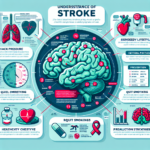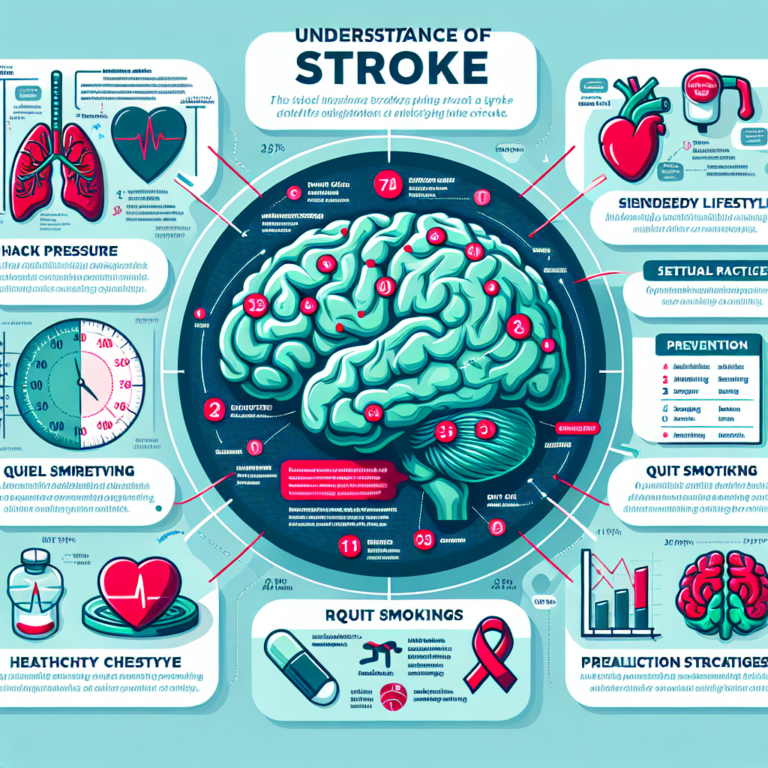
Introduction
Imagine walking into a neurological assessment room where complex mental puzzles await. The stakes? Understanding the intricate workings of the human brain to address cognitive concerns, behavioral issues, or memory loss. Neuropsychological assessments serve as a vital tool in this endeavor, shedding light on how our minds function and how deviations might affect daily living. In this article, titled "Neuropsychological Assessments in Action: Proven Case Studies That Illuminate the Process," readers will dive deep into the practical aspects of these assessments, showcasing real-life scenarios that underscore their invaluable insights.
The Importance of Neuropsychological Assessments
Neuropsychological assessments aren’t merely tests; they are gateways to understanding psychological phenomena through the lens of brain function. These assessments help identify cognitive strengths and weaknesses, guiding tailored treatment plans and interventions. By illuminating the intricate pathways of the brain, professionals can deliver personalized care that caters to individual needs.
What Are Neuropsychological Assessments?
Neuropsychological assessments encompass a range of standardized tests designed to evaluate various cognitive abilities, including memory, attention, language, problem-solving skills, and executive functions. These tests also examine emotional and behavioral aspects of an individual, providing a comprehensive view of how brain health impacts mental functionality.
Importance in Clinical Settings
In clinical settings, neuropsychological assessments play a pivotal role. They help psychologists, neurologists, and therapists delineate a diagnosis, monitor progress, and tailor therapies. The assessments can detect issues ranging from learning disabilities and ADHD to neurodegenerative diseases like Alzheimer’s.
Case Study 1: The Young Athlete
Background
Meet Jake, a 16-year-old high school football player who sustained several concussions over two seasons. His parents were concerned about his memory and mood swings that seemed uncharacteristic of his personality.
The Assessment Process
Jake underwent a comprehensive neuropsychological evaluation comprising interviews, standardized tests, and behavioral observations. A battery of cognitive tests assessed his attention span, processing speed, and executive functioning. The results revealed deficits in memory retention and processing speed, which were significantly below average for his age group.
Findings and Intervention
The assessment indicated that Jake was experiencing post-concussion syndrome. Armed with these insights, his care team implemented a treatment plan, including cognitive behavioral therapy and strategies tailored for athletes recovering from head injuries. Neuropsychological assessments in action provided a roadmap for Jake’s recovery, emphasizing the importance of personalized interventions.
Assessment Relevance
This case illustrates how neuropsychological assessments can illuminate underlying issues following traumatic brain injuries. Early intervention helped mitigate the potential long-term effects of concussions on cognitive health and athletic performance.
Case Study 2: The Corporate Executive
Background
Samantha, a high-powered corporate executive in her early 40s, began struggling with focus and decision-making skills at work. Despite her accomplishments, she found herself increasingly overwhelmed and emotionally drained.
The Assessment Process
Samantha’s neuropsychological assessment consisted of cognitive testing that evaluated her attention, memory, and executive functioning. Additionally, personality and emotional tests were administered. The findings indicated that she was dealing with early signs of burnout and anxiety, which were negatively impacting her cognitive performance.
Findings and Intervention
Following the assessment, Samantha’s team recommended work-life balance strategies, including stress management techniques and cognitive restructuring therapy. This tailored approach, informed by neuropsychological assessments in action, enabled her to regain her focus and effectively manage her responsibilities.
Assessment Relevance
Samantha’s case is a prime example of how neuropsychological assessments can guide interventions not only for overt neuropsychological conditions but also for stress-related cognitive decline, enhancing overall well-being.
Understanding the Process: How Assessments Work
Standardized Testing
Neuropsychological assessments involve a series of standardized tests that provide objective data about an individual’s cognitive functioning. Understanding these tests can demystify the assessment process for both professionals and those undergoing evaluation.
| Type of Test | Purpose | Examples |
|---|---|---|
| Memory Tests | Assess short-term and long-term memory | Wechsler Memory Scale, Rey-Osterrieth |
| Attention Tests | Evaluate sustained and selective attention | Continuous Performance Test (CPT) |
| Executive Functioning Tests | Measure planning, organization, and decision-making | Wisconsin Card Sorting Test, Stroop Test |
| Language Tests | Assess communication and language skills | Boston Naming Test, Token Test |
Interpretation of Results
Once the assessment is complete, results are interpreted to form a comprehensive picture of the individual’s cognitive profile. This holistic view informs the diagnosis and subsequent treatment plan.
Case Study 3: The Elderly Patient
Background
Eleanor, a 75-year-old woman, displayed signs of memory loss that worried her family. Concerned about potentially developing dementia, they sought a neuropsychological evaluation.
The Assessment Process
Eleanor underwent a detailed assessment including cognitive tests focusing on memory, attention, and verbal skills. Her family provided insights into her daily functioning, which were integral to understanding the full context of Eleanor’s cognitive health.
Findings and Intervention
The neuropsychological assessment revealed mild cognitive impairment (MCI), a warning sign for potential dementia. With this information, the family and her healthcare providers outlined a plan incorporating cognitive training exercises and lifestyle changes to promote brain health.
Assessment Relevance
This case highlights the critical role of neuropsychological assessments in early detection of cognitive decline. Identifying MCI allowed Eleanor and her family to take proactive measures toward maintaining quality of life.
Challenges and Considerations in Assessments
Bias and Cultural Sensitivity
One of the challenges in neuropsychological assessments is ensuring cultural sensitivity and fairness. Tests may not account for cultural or linguistic diversity, potentially skewing results.
The Role of the Evaluator
The skill and experience of the neuropsychologist conducting the assessment significantly influence outcomes. A well-trained evaluator can make all the difference in effectively interpreting results and providing actionable insights.
Conclusion: Future Implications of Neuropsychological Assessments
As we conclude this exploration of "Neuropsychological Assessments in Action: Proven Case Studies That Illuminate the Process," it’s imperative to recognize the transformative potential of these assessments in clinical practice. They are not merely a series of tests but vital tools that guide interventions, promote understanding, and foster well-being.
In a world increasingly focused on mental and cognitive health, embracing neuropsychological assessments is essential. These assessments pave the way for tailored, patient-centered care that empowers individuals and families.
FAQs
1. What is a neuropsychological assessment?
A neuropsychological assessment is a comprehensive evaluation of cognitive, emotional, and behavioral functions using standardized tests tailored to an individual’s unique needs.
2. How long does a typical neuropsychological assessment take?
Assessments usually take several hours and may be spread across multiple sessions, depending on the individual’s needs and the complexity of the cases.
3. Who conducts neuropsychological assessments?
Licensed and trained neuropsychologists or clinical psychologists conduct these assessments. They utilize their expertise to interpret results and recommend appropriate interventions.
4. Are neuropsychological assessments only for children?
No, neuropsychological assessments are beneficial for individuals of all ages, from children to the elderly, addressing a wide range of cognitive and emotional issues.
5. Can the results of a neuropsychological assessment change over time?
Yes, cognitive functioning can change due to various factors, including treatment, lifestyle changes, and progression of neurological conditions. Regular reassessment can help monitor these changes.
Neuropsychological assessments in action serve as not only diagnostic tools but also as pathways to profound understanding and growth. By listening to the mind’s language, we harness the power of knowledge to foster healing and resilience.















